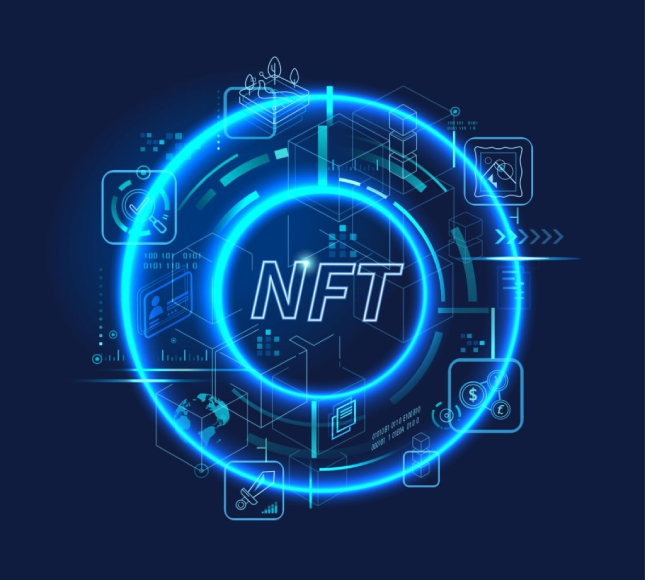On a platform for NFT marketplaces, people can buy, sell, and trade unique digital assets known as non-fungible tokens (NFTs). These tokens are proof of ownership or authenticity for a wide range of digital or physical items, such as virtual real estate, collectibles, artwork, and more. NFT marketplaces serve as intermediaries that connect artists, creators, collectors, and investors in a safe and decentralized way.
NFT marketplaces offer a simple and easy-to-use platform for creators to create and list their NFTs for sale. Collectors and investors can browse the marketplace, find one-of-a-kind NFTs, and take part in auctions or direct purchases. Transactions in NFT marketplaces usually use cryptocurrencies, and smart contracts facilitate transparent and automated ownership transfers.
Cost Factors and Considerations for Developing an NFT Marketplace
If you're looking to create an NFT marketplace, The cost can differ greatly depending on the features and design of your preferences. A basic platform could cost several thousand dollars, while a more advanced one with custom features and high-end design could cost tens or even hundreds of thousands. The complexity of the platform and the development team's rates are also factors to consider. Additionally, it's important to budget for ongoing maintenance, security audits, and future upgrades.
It's essential to work with an experienced development team or NFT marketplace development company that understands blockchain technology, smart contracts, and user experience. They can provide accurate cost estimates based on your specific requirements and guide you through the development process.
Moreover, the cost of integrating with a specific blockchain network, such as Ethereum, should be considered, including gas fees for transactions and NFT minting. These costs can fluctuate depending on network congestion and token prices.
Investing in a well-designed, secure, and user-friendly NFT marketplace can attract users and ensure long-term success in the competitive NFT market. Prioritize quality development and consider it an investment in the growth and scalability of your NFT marketplace.
Conclusion
To sum up, developing an NFT marketplace entails varying costs influenced by platform complexity, desired features, design requirements, and development team rates. Investments should be made in experienced teams to ensure a well-designed and secure marketplace, considering ongoing maintenance and integration costs with blockchain networks.





Comments